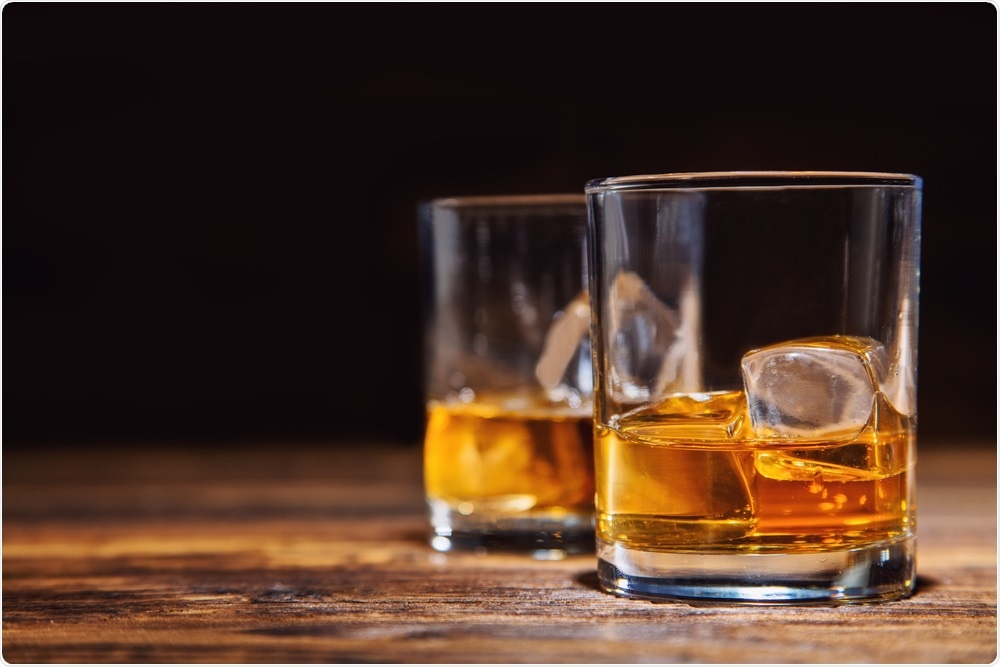Professor David Nutt, an expert in neuropsychopharmacology, is aiming to make hangovers a thing of the past by introducing a synthetic alcohol alternative that provides the relaxing effects of alcohol, without causing hangovers and health problems.
 Jag_cz | Shutterstock
Jag_cz | Shutterstock
Nutt, who oversees the neuropsychopharmacology unit at the Imperial College London, believes that the alcohol substitute, which he has named “Alcarelle,” could change alcohol consumption, if it becomes regulated and available on the market.
Nutt first discovered an antidote to alcohol in 1983 when studying the effects that alcohol has on the Gaba system. He realised that the antidote was too dangerous, but continued researching how Gaba receptors respond under the influence of alcohol.
Nutt has now learned that 15 subtypes of Gaba receptor are present in multiple regions of the brain and that alcohol will bind to all of them. However, Alcarelle, he claims, can stimulate the Gaba receptors that cause tipsiness, without stimulating the receptors that induce negative effects such as headaches:
We know where in the brain alcohol has its ‘good’ effects and ‘bad’ effects, and what particular receptors mediate that. The effects of alcohol are complicated but… you can target the parts of the brain you want to target.”
Furthermore, the way in which Alcarelle binds to a receptor can be modified to produce different effects, meaning a person could choose to feel the effects of drinking, whilst avoiding inebriation.
Nutt and colleagues have been working on the Alcarelle molecule, also referred to as “alcosynth,” for more than a decade, but the final hurdle they face is bringing the product to the masses.
“The real challenge is taking that molecule to a drink. The regulatory side is much harder than the science," explains Nutt, who is currently working with his partner David Orren to raise the £20 million it would cost to bring Alcarelle to the market.
However, the researchers have adopted a five-year plan in collaboration with food scientists to have the molecule regulated as a food additive or ingredient.
There will obviously be testing to check the molecule is safe. And we need to show that it’s different from alcohol. We will demonstrate that it doesn’t produce toxicity like alcohol does and doesn’t have the bad effects of alcohol.”
Commenting on the place Alcarelle may take in the alcohol industry, global drinks analyst, Jonny Forsyth, says the future is promising, given that the industry is increasingly investing in alcohol alternatives:
"If the science is right, and if it's easy to mask the taste, I think it's got a great chance".
Source:
This story is based on an interview with David Nutt, published in The Guardian on the 26 March 2019: “Could ‘alcosynth’ provide all the joy of booze – without the dangers?”